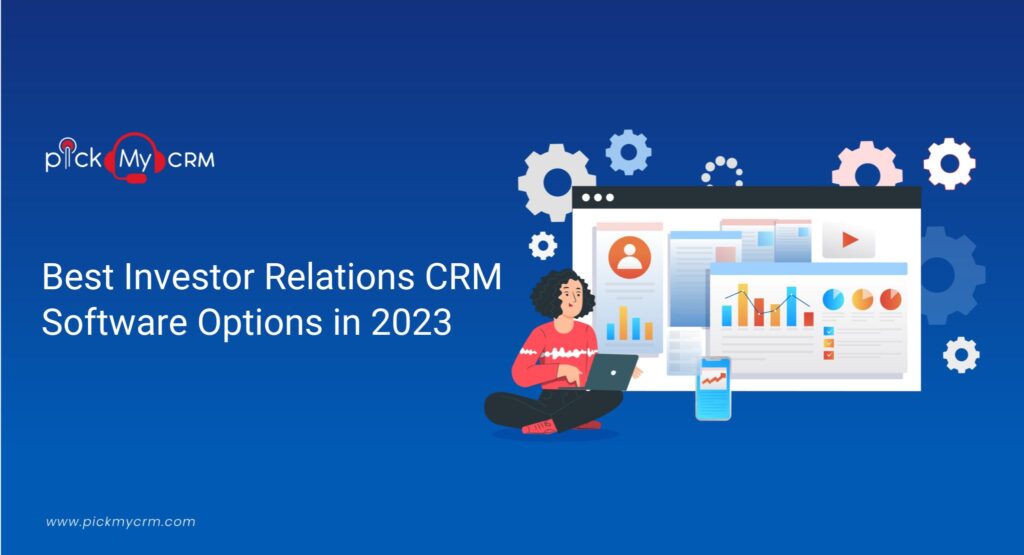Key Features of CRM for Investor Relations

What is CRM for Investor Relations?
At its essence, CRM for investor relations epitomizes a tailored technological solution that enables corporations to intricately manage and optimize interactions with their investors. Gone are the days when investor engagement was relegated to mundane spreadsheets and scattered emails. This bespoke CRM harmonizes pertinent data, communication, and analytics under a singular canopy, empowering businesses to foster meaningful connections with their stakeholders.Features of Investor Relations CRM:
- Investor Segmentation and Profiling: The bedrock of effective communication lies in understanding one's audience. Investor relations CRMs facilitate segmentation based on parameters like investment history, risk tolerance, and communication preferences. This enables companies to tailor their messages to specific investor groups, nurturing personalized engagement.
- Real-time Communication Hub: Instantaneous communication is the heartbeat of modern investor relations. CRMs equip companies with platforms for real-time communication, including email integration, social media monitoring, and even AI-driven chatbots. Such tools foster swift, targeted responses, enhancing transparency and trust.
- Data Analytics and Reporting: Beyond mere communication facilitation, investor relations CRMs provide a data-driven vantage point. Comprehensive analytics amalgamate investor behavior, sentiment analysis, and market trends. The resultant insights empower companies to make informed decisions, thereby strengthening their strategic foresight.
- Document Management: Streamlining documentation is paramount in investor relations. CRMs offer secure repositories for financial reports, regulatory filings, and other pivotal documents. This not only ensures a seamless exchange of information but also underscores the company's commitment to transparency and compliance.
- Event Planning and Management: Investor meetings, conferences, and earnings calls necessitate meticulous orchestration. Investor relations CRMs encompass tools that aid in event planning, attendee management, and post-event follow-ups. This cohesive approach adds finesse to corporate events, cultivating a lasting impression.
- Integration with Financial Systems: In the intricate dance of finance, integration is the key. Top-tier investor relations CRMs seamlessly integrate with financial systems, ensuring that real-time financial data is at the fingertips of both companies and investors. This synergy obviates manual data entry errors and enhances accuracy.
Best CRM for Investor Relations:
The CRM landscape for investor relations is adorned with a constellation of options. Some standout names include:- Salesforce Investor Relations Cloud: Renowned for its adaptability, Salesforce's solution provides an array of features catering specifically to investor relations. It encapsulates investor targeting, real-time insights, and customizable reporting.
- Nasdaq IR Insight: As a stalwart in financial technology, Nasdaq's CRM empowers companies with a comprehensive suite of tools, encompassing investor targeting, analytics, and unparalleled market intelligence.
- InvestorBridge: This platform shines for its emphasis on data security and advanced analytics. It streamlines investor communication, capitalizing on intuitive dashboards and personalized content delivery.



